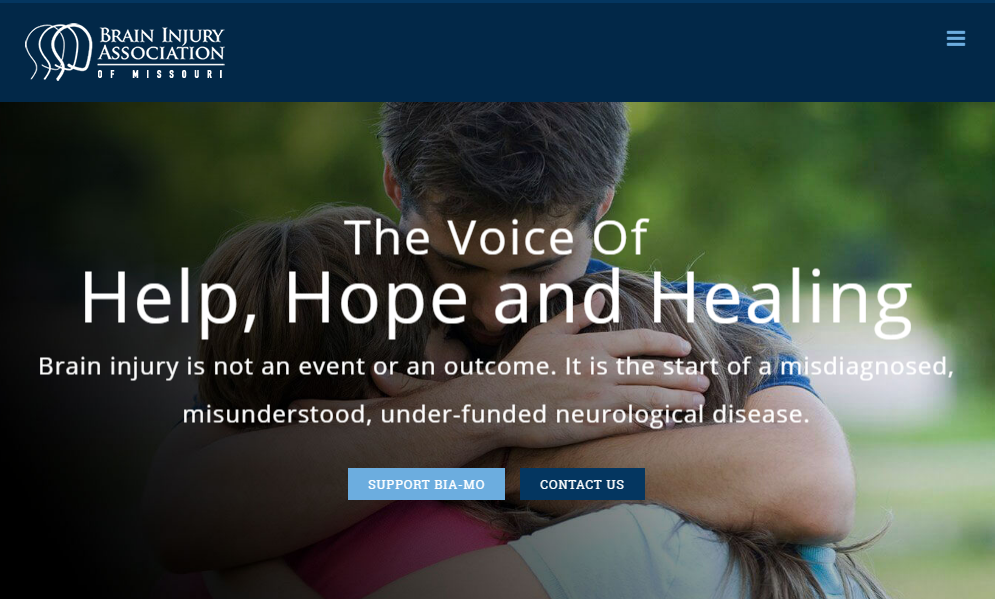Five Fast Facts on SSDI: Will YOU Experience Disability?

In May, Allsup is posting a blog series on Disability Insurance Awareness Month, a time when disability and insurance organizations join forces to raise awareness about the importance of protecting your income after a work-disrupting health issue. This series will take you through Five Fast Facts on SSDI that will help you incorporate these benefits into your overall financial protection plan.
Fast Fact No. 1: Serious disabilities occur more often than you may realize, and it’s important to consider the reality that, one day, you may miss work for an extended period of time because of a temporary or permanent disability.
According to the Council for Disability Awareness, more than one in four 20-year-olds are likely to leave work—for at least a year—due to a health condition before they reach retirement age. The most common long-term disability issues are musculoskeletal disorders, cancer, mental health conditions, and injuries like fractures or back injuries.
You need to be protected with a responsible financial plan if and when that day comes. One common form of protection is Social Security Disability Insurance (SSDI). Millions of U.S. workers are covered by this federal insurance plan. Less than 9 million former workers currently receive SSDI benefits, having paid into the Social Security system with their FICA taxes.
It’s crucial to have a realistic perspective on how likely you or a loved one are to experience a disability. Most people experience disability due to chronic diseases and conditions. Keep in mind, workers’ compensation will only cover you if you incurred your injury or illness as the direct result of a work-related task. This means SSDI is a broader safety net designed to help you maintain financial independence whether your condition was work-related or not.
You can find out how likely you are to become disabled, and for how long, by using the Personal Disability Quotient tool from the Council for Disability Awareness. Learn how to apply for disability, visit FileSSDI.Allsup.com.
Our next topic will compare long-term disability insurance with SSDI.
Allsup
Related Articles

Uncategorized
Helping Family Caregivers With What They Need to Know

Uncategorized
Understanding MS and Disability Benefits

Uncategorized
BIA-MO Gets Real about Brain Injury Awareness

